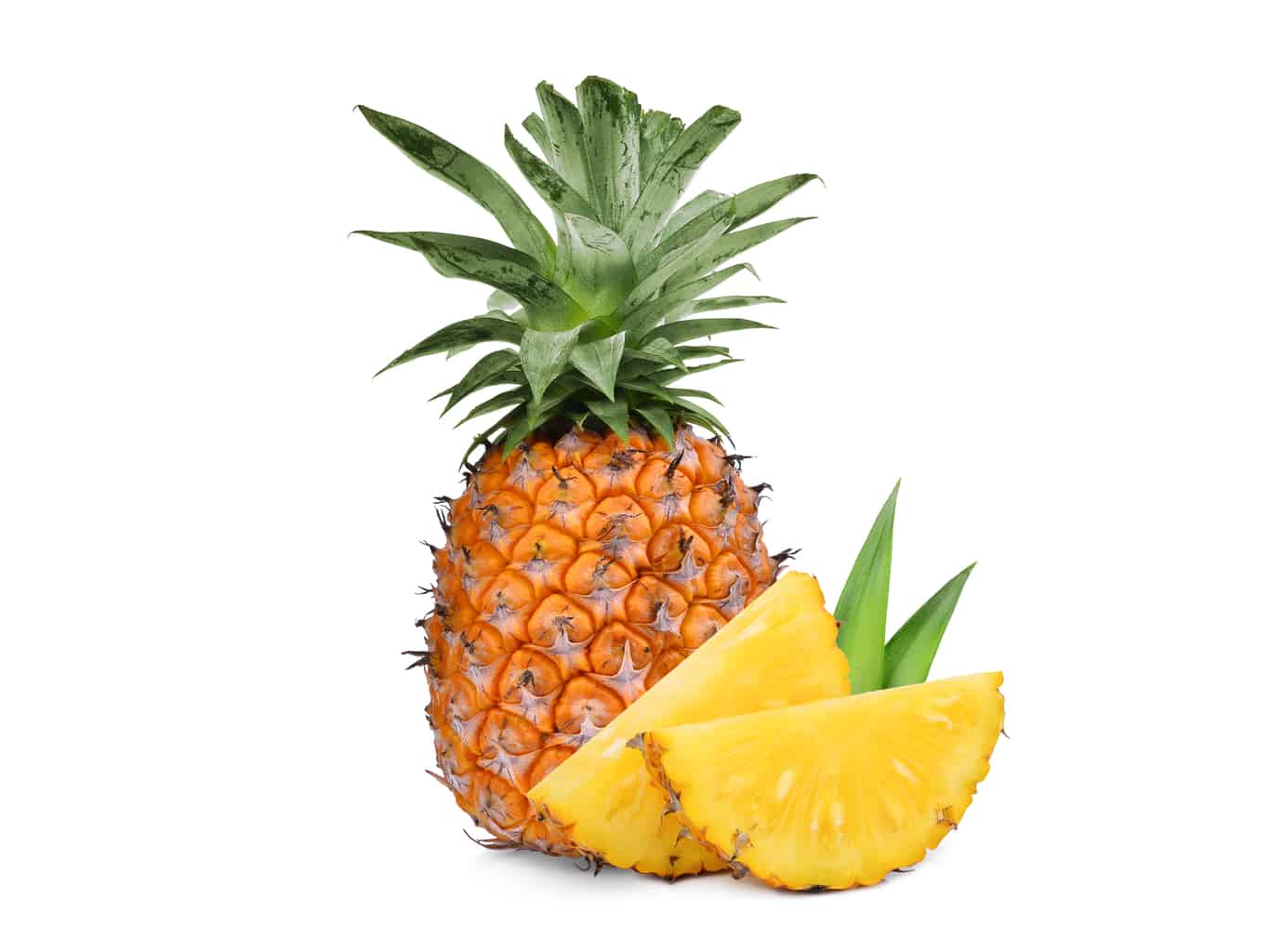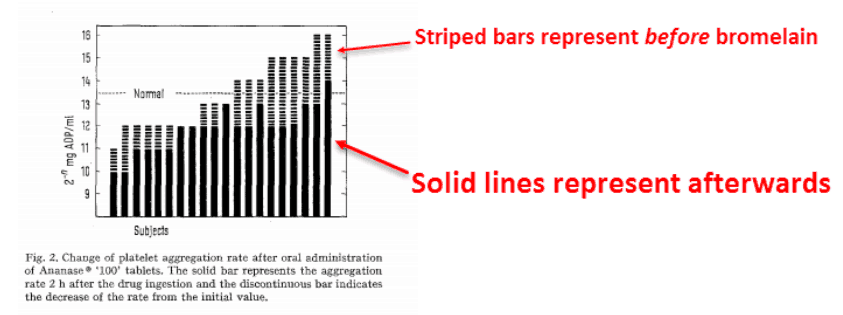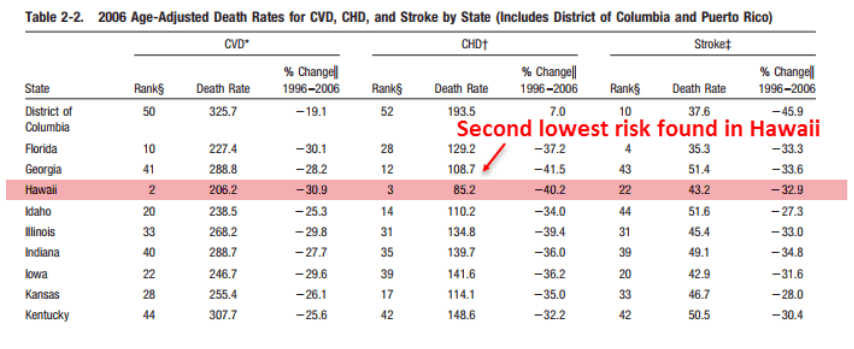
[cmamad id=”21051″ align=”center” tabid=”display-desktop” mobid=”display-desktop” stg=””]
Is this why Hawaii has the second-lowest incidence of cardiovascular events in the US?
—–Important Message—–
73% more blood flow to your penis
Imagine the floodgates opening and blood rushing into your penile chambers…
…reaching every nook and cranny and making your penis grow… getting amazing stiff and engorged erections…
It’s all thanks to simple, healthy supplements that clear out the penile chambers and increase blood flow…
It’s a simple supplement formula that any man can use to get big, strong, firm erections whenever he wants…
Erections that are better, more engorged, and last longer… You can perform at your best in bed, every single time…
Start experiencing 73% more blood flow to your penis today using this simple formula
——–
New pineapple-based supplement lengthens lifespan
Certain categories of blood disorders are dependent on platelet aggregation, including heart attack and stroke.
High platelet aggregation scores correlate with increased incidence – scientists have observed this for decades.
And the high platelet aggregation levels we have in the morning best explains why more heart attacks happen during this time of day.
To prevent both strokes and heart attacks from ever happening, nature has provided us with a few safe treatments…
Aspirin is one of these – it reduces coagulation by inhibiting the enzyme cyclooxygenase…
And that reduces thromboxane A₂ formation.
But there’s another natural drug that is just as good as aspirin… and even safer.
It’s an enzyme called bromelain.
[cmamad id=”21052″ align=”center” tabid=”display-desktop” mobid=”display-desktop” stg=””]
Bromelain also reduces platelet aggregation, but in a different way.
Since aspirin and bromelain work through different mechanisms, they wouldn’t compete with each other…
They just amplify each other’s effect.
Bromelain is an enzyme created by the pineapple plant…
And it works by breaking down proteins.
This enzyme can degrade gluten, collagen, and blood aggregation factors.
And it’s so safe and lacking in side effects that a toxicity level couldn’t be determined.
Since it’s a natural product extracted from spent pineapple cores left over from commercial juice making, it’s cheap and available.
But, as a protein, there is a lot of speculation as to whether or not it’s actually absorbed whole.
Now there is no longer any debate surrounding this issue:

In a 1997 German study, researchers gave a small group of men three grams of bromelain per day.
This high amount of enzyme highlights its safety – and also suggests a reasonable dose.
After taking their blood, and that of the control group, the scientists were able to determine its presence.
“The presence of un-degraded bromelain in plasma was shown unequivocally…”
The half-life they measured was six to nine hours…
So perhaps a supplement (or half a pineapple) could be taken three times per day for maintaining maximum blood levels of the enzyme.

And they took it one step further, proving that it remained active in the participants’ systems.
This laid to rest the other half of the debate.
After the publication of this study, three more studies verified the findings.
So it’s conclusive: Our bodies absorb bromelain whole.
But does it actually do anything useful in the plasma?
“Moreover, the enzyme retained its biological activity…”
So they proved this too.
As I mentioned before, bromelain inhibits platelet aggregation and lowers the chance of stroke.

These experimenters took a bank of blood samples, graded them for aggregation, and selected the stickiest ones.
They did this because the highest aggregation index corresponds to the highest rates of heart attack and stroke.
“Previous studies at this laboratory showed that the platelet aggregation rate for patients with thromboembolic diseases was significantly higher than it was for a comparable normal age group.”
Then they tracked down the blood donors and the patients the blood samples came from, gave them standard bromelain pills, and then drew blood samples:

After the bromelain, the platelet aggregation rates went down from the levels taken two hours previously.
And this was from using only 100 mg of bromelain.
Just one pineapple has roughly nine times this amount.
So to summarize what we have learned so far about bromelain:
- Absorbed whole by the body
- Remains active
- Reduces platelet aggregation
- Cheap
- Totally safe in gram amounts
When combined with aspirin to reduce thromboxane A2 synthesis (platelet aggregation) synthesis, this should work further to prevent heart attack and stroke.
And the high concentration of vitamin C found in pineapples would further reduce the risk by increasing collagen synthesis.
Pineapple could be why Hawaii has the second-lowest incidence of cardiovascular events in the US…

And since it reduces platelet aggregation in vitro when added to blood, you can be sure that it’s working directly.
As a protease enzyme, it works by dissolving clots before they can fully form.
It is used successfully against arthritis, by reducing prostaglandins in some way.
Maybe it does that by degrading antigens in the blood.
It has been shown to hydrolyze gluten, making it completely non-immunogenic…
Since bromelain is absorbed whole and remains active, it probably helps degrade any immunogenic peptides found in the bloodstream.
Botanists theorize that the pineapple plant makes bromelain specifically to break down protein from the soil, acting to increase amino acid uptake at the root.
So bromelain capsules or whole pineapples (especially if combined with aspirin) could certainly reduce the risk of:
Platelet aggregation, blood clots, heart attacks, and stroke!
—-Important Message—-
Just as the people of Hawaii almost never have strokes or heart attacks, some men in the jungles of Colombia have a way to naturally grow a bigger penis…
And these Colombian men were all small, to begin with.
By using a simple herbal formula, some of these men grew to be 12 inches down there.
It’s a cultural secret and only a few herbalist ladies know the recipe that can make a man’s penis larger than life…
——–

- Castell, J. V. "Intestinal absorption of undegraded proteins in men: presence of bromelain in plasma after oral intake." American Journal of Physiology-Gastrointestinal and… (1997)
http://citeseerx.ist.psu.edu/viewdoc/download?doi=10.1.1.917.4722&rep=rep1&type=pdf - Heinicke, R. M. "Effect of bromelain on human platelet aggregation." Cellular and Molecular Life Sciences (1972)
http://link.springer.com/10.1007%2FBF01923166?LI=true - Hebbar, H. U. "Use of reverse micellar systems for the extraction and purification of bromelain from pineapple wastes." Bioresource Technology (2008)
https://www.ncbi.nlm.nih.gov/pubmed/17964777 - Lloyd-Jones, Donald. "Heart disease and stroke statistics—2010 update." Circulation (2010)
http://circ.ahajournals.org/content/121/7/e46.short - Metzig, C. "Bromelain proteases reduce human platelet aggregation in vitro, adhesion to bovine endothelial cells and thrombus formation in rat vessels in vivo." in vivo (1999)
http://citeseerx.ist.psu.edu/viewdoc/download?doi=10.1.1.626.7908&rep=rep1&type=pdf
- Bromelain | NCCIH
https://nccih.nih.gov/health/bromelain - Pineapple fruit bromelain affinity to different protein substrates
https://www.academia.edu/34477495/Pineapple_fruit_bromelain_affinity_to_different_protein_substrates

Leave a Reply